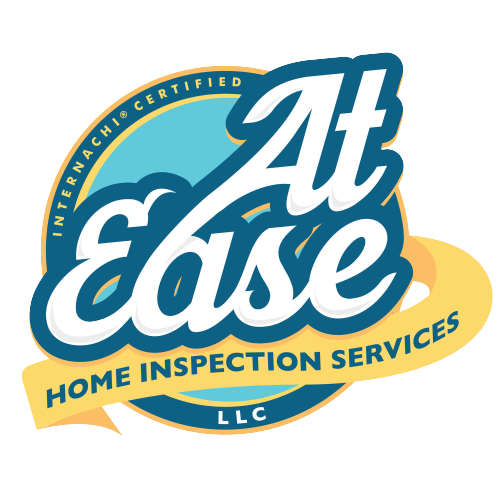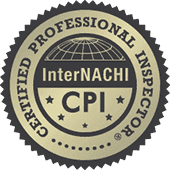Our Services
My home inspections are performed with great care and attention to detail.
Our Services
Residential Inspection
If you’re planning on buying a home, then hiring a home inspector could save you thousands of dollars. Our residential inspections include all types of properties like condos, mobile homes, tiny and log homes.
Septic inspections
Septic inspections assess tanks, pipes, and drain fields for damage, leaks, and blockages. Experts determine sludge and scum levels to ensure proper functionality and environmental safety. Regular checks prevent costly repairs and extend the life of the system.
Not available in NJ
well water testing
Test well water regularly to detect possible pollutants that pose health risks, especially in suspected contamination areas or those with abnormal taste or odor.
WDI Inspections
Although commonly referred to as a “termite inspection,” WDI (wood-destroying insect) inspections look for evidence of infestation by termites, carpenter ants, carpenter bees, wood decay, wood devouring beetles, as well as evidence of past infestations, damage to wood, or conditions conductive to infestation; and evidence of past treatments.
Mold Testing
Mold testing inspects and collects samples to identify mold type and presence. Mold in homes or buildings can cause health problems. Testing can locate potential hazards and provide remediation options. Air, surface, and bulk sampling are common testing methods.
Not available in NY
Frequently Asked Questions
Buying or selling a home can be a stressful experience, but we’re here to ensure you know what to expect during your home inspection.
A home inspection includes checking for any structural issues such as foundation cracks, roof leaks, plumbing issues, electrical wiring, heating/cooling systems, insulation, windows, doors, chimneys, etc. Depending on how big the property is, a home inspection typically takes 2-3 hours.
Ensure all inspection points are free from clutter, including any closets that might lead to a crawlspace or attic, and clearing some space around your home’s perimeter. It’s also important to check the functionality of all built-in appliances, electric, and gas. If you don’t plan to attend the inspection, make sure your inspector has access to the home, and all pets are properly contained or moved.
A home doesn’t pass or fail an inspection. Instead, a home inspection is a thorough audit of your home’s components. In most cases, there will be concerns marked on your home inspection report, but these are strictly informative.
While you can legally skip a home inspection in many cases, doing so could mean you may end up buying a home that has major issues that need to be fixed.
While a home inspector may recommend some minor repairs, they are not qualified to make major repairs. He or she can provide information about what needs to be repaired — and it might be helpful to know that information — but the decision to actually do the work lies solely with the homeowner. Not only does this you the freedom to choose your contractors, but it also helps prevent a conflict of interest.
A home inspection can affect appraisals for two reasons: 1) The inspector may find something wrong with the property that would lower the value of the home, 2) The inspector may find things that need repair which could increase the value of the home. If the inspection finds issues that require repairs, then the seller has to decide whether they want to fix them themselves, or hire someone else to do it. If the buyer wants to purchase the home, he/she must be willing to pay for those repairs.


Peace of Mind is Just a Click Away